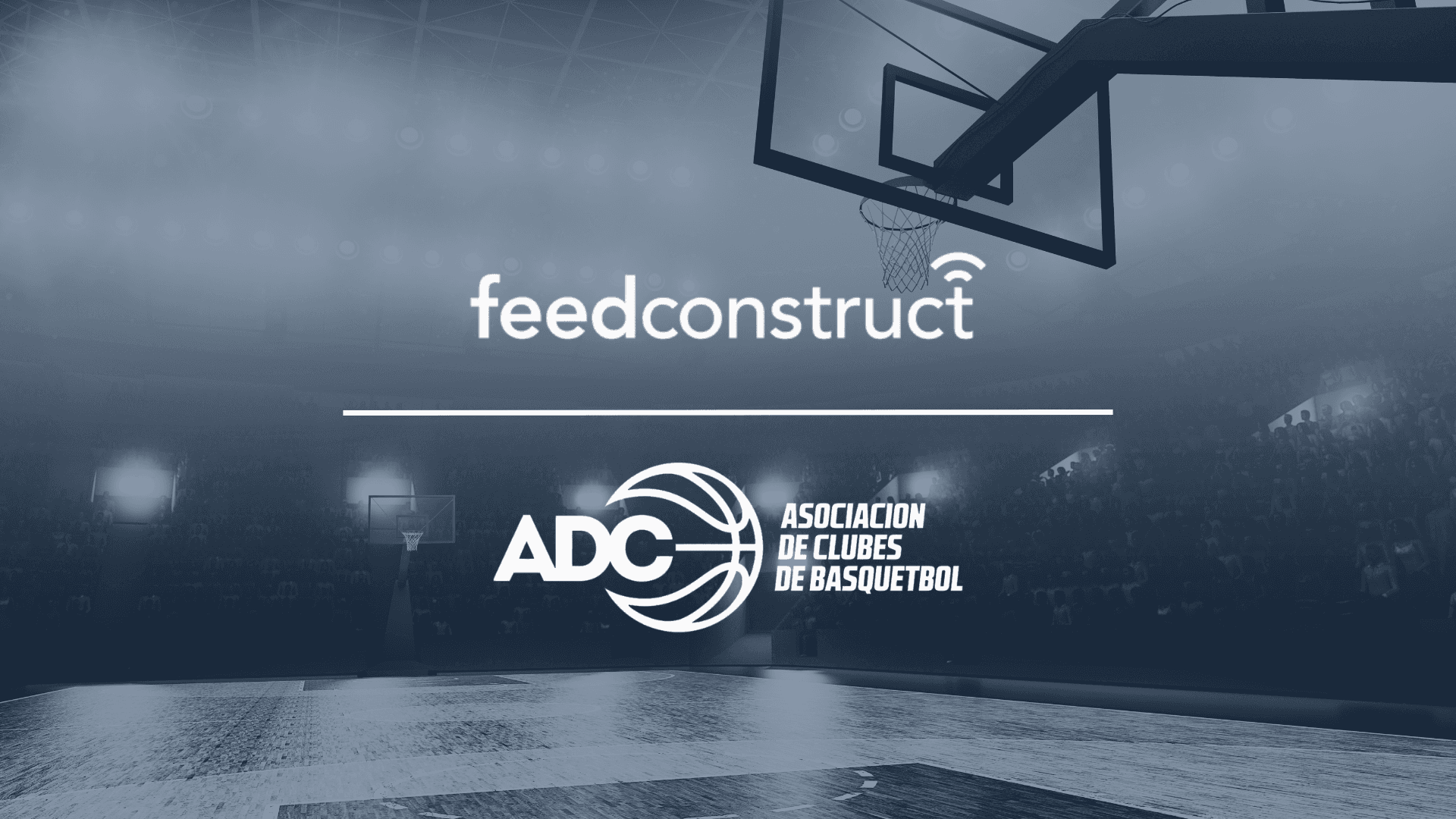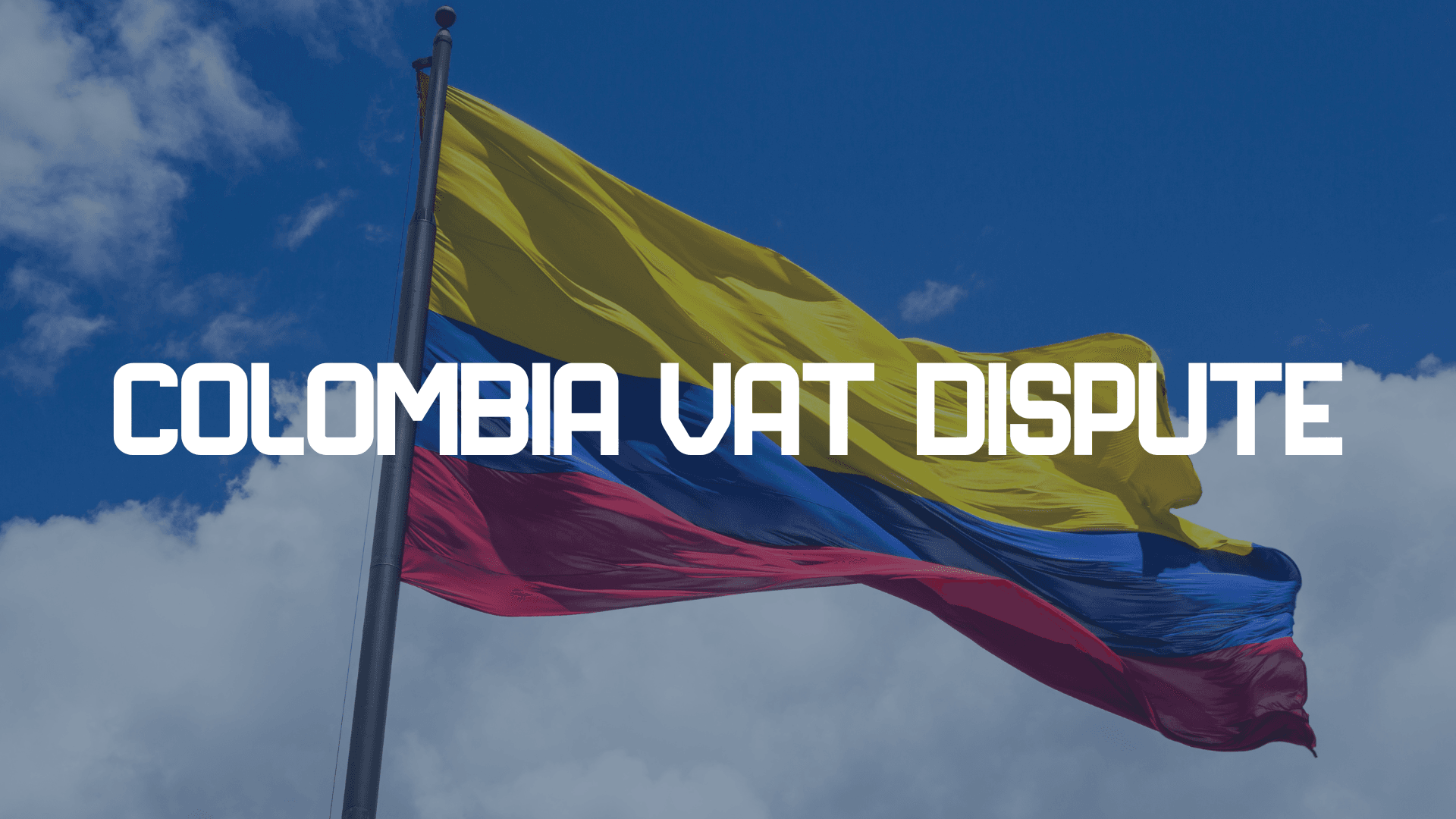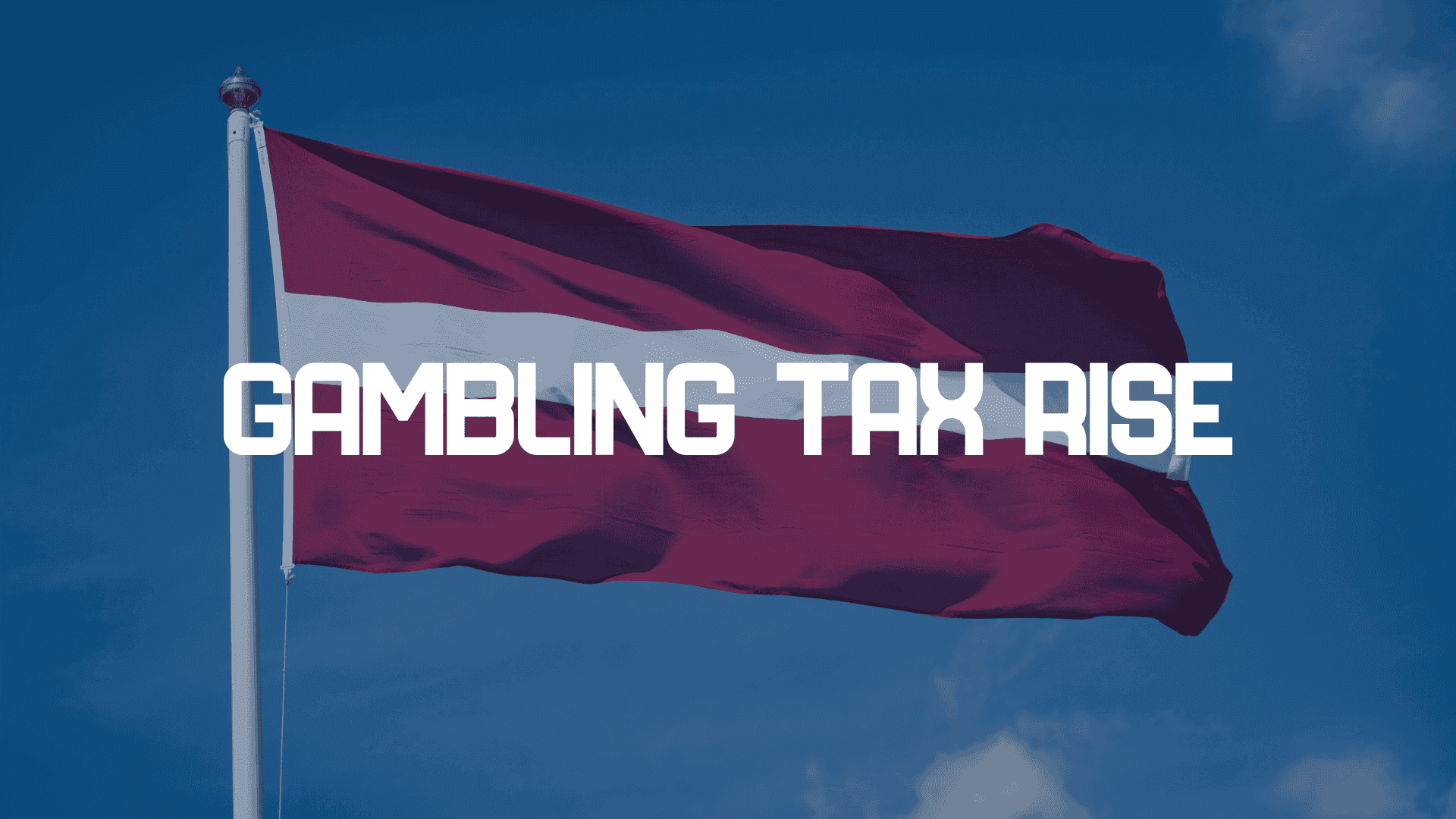The Latvian government has announced that its planned gambling tax increases will come into effect one year earlier than initially scheduled. Starting 1 January 2026, operators across all verticals will face higher tax rates and levies. The move forms part of a wider budget strategy aimed at boosting state revenues while reshaping the country’s regulatory framework. For the iGaming sector, this means less time to prepare for additional costs and an earlier-than-expected tightening of fiscal policy.
Higher Rates Across Gambling Segments
Interactive gambling revenues will be taxed at 15% of GGR (up from 12%), while telephone betting will rise from 15% to 18%. Annual levies on slot machines will increase from €6,204 to €7,440, and contributions on roulette, card, and craps tables will jump from €33,696 to €40,440.
Budgetary and Policy Drivers
The decision follows a cabinet spending review aimed at securing an additional €565 million for security, family support, and education initiatives. The Ministry of Finance projects the gambling tax changes will raise €9.2 million, with a small portion allocated to municipalities and the remainder to the state budget.
Regulatory Restructuring Accelerated
Alongside fiscal adjustments, Latvia will dissolve its Lottery and Gambling Supervision Inspectorate (IAUI) earlier than expected. From 1 April 2026, regulatory responsibilities will shift to the State Revenue Service (SRS), consolidating oversight of licensing, compliance, and taxation into a single authority. Finance Minister Arvils Ašeradens stated that this move will streamline enforcement, reduce administrative costs, and strengthen oversight.
Impact on the Industry
For operators, these accelerated measures mean tighter margins sooner than anticipated. While the overall tax burden remains moderate compared to some European markets, Latvia’s decision signals a clear shift toward stricter fiscal and regulatory frameworks in the region.
Sources: Gambling Insider, iGaming Business

Betsson Becomes Official Betting Partner of the Davis Cup

Betinia Expands Gamification Strategy with Diego Simeone ‘Football Manager’ Platform

Betty Expands Toronto Footprint with Argonauts and Toronto FC Deals

FeedConstruct Acquires Exclusive Global Rights to Argentine Basketball Leagues

Petro Pushes to Preserve Colombia’s Gambling VAT Amid Budget Pressure
2026 © Invixos. All rights reserved. A product by Jerom Verschoote.

